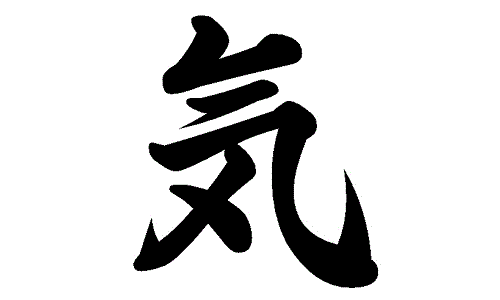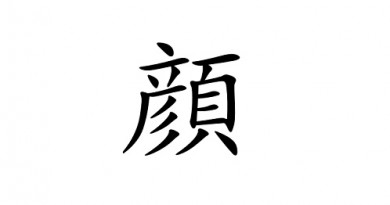Common phrases using the word 気
Common phrases using the word 気 (cont.)
The ones in orange are used very commonly.
21. 気が乗る:To want to do something, to be interested in doing something.
For example:
こんなに夜遅く出かけるのは気が乗りません
Konnani yoruosoku dekakerunoha kiganorimasen.
I’m not interested in going out this late.
22. 気が早い: Hurriedly, hastily.
For example:
子どもを小学校に入れたらもう大学の心配をするなんてずいぶん気が早い親だ。
Kodomowo shougakkouni iretara mou daigakuno shinpaisurunante zuibun kigahayai oyada.
It’s too early for parents to worry about university when your kids have just gotten in elementary school.
23. 気が晴れる:To be relieved
For example:
約束の日までにお金をぜんぶ返して気が晴れた
Yakusokunohi madeni okanewo zenbu kaeshite kigahareta.
Paying off the debts in time makes me feel relieved.
24. 気が回る:To notice, to be attentive to details.
For example:
買い物をしに1時間も電車に乗って来たが、今日はデパートが休みだということに気が回らなかった。
Kaimonowo shini ichijikanmo denshani nottekitaga, kyouha depaatoga yasumidato iukotoni kiga mawaranakatta.
It takes me an hour on the tram to go shopping but didn’t notice today the grocery is closed.
25. 気が短い:(means short) Hot-tempered, short-tempered, easy to get angry.
For example:
部長は気が短くて呼ばれたらすぐへんじをしないとおこる
Buchouha kigamijikakute yobaretara suguhenjiwo shinaito okoru.
The leader is very short-tempered so if you don’t answer immediately when he calls, he’s going to fume.
–> Please view the next page



